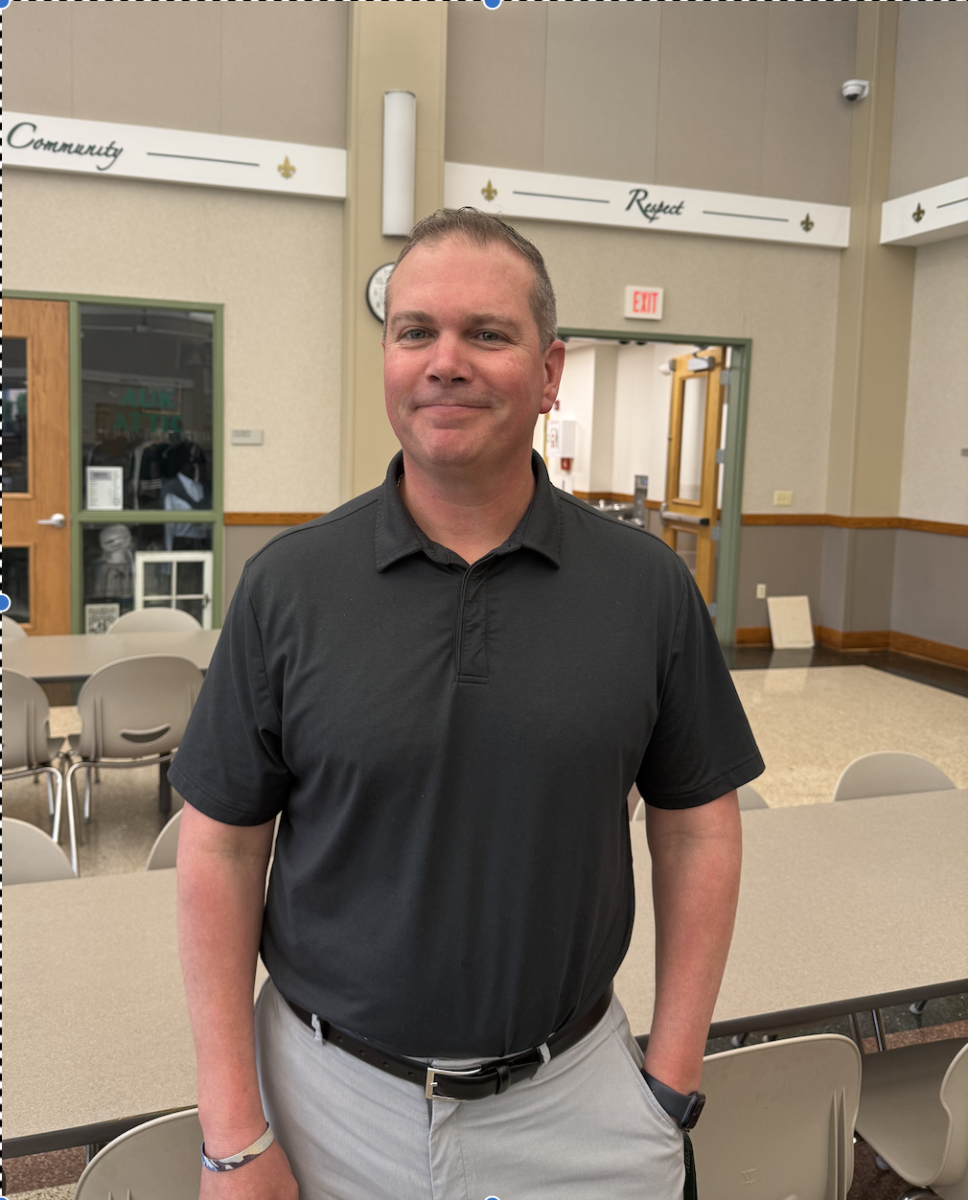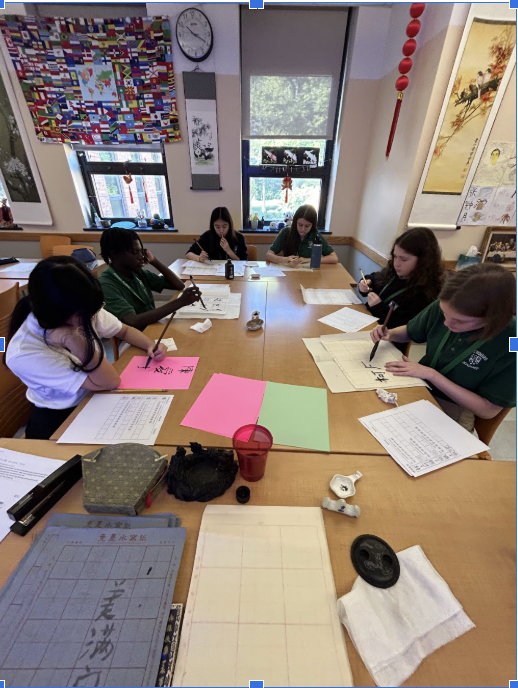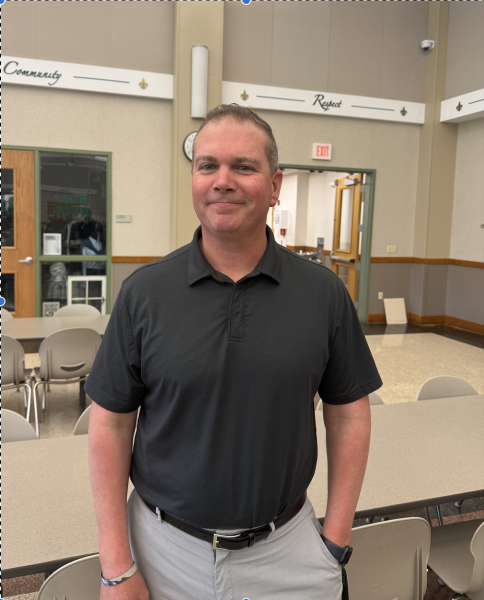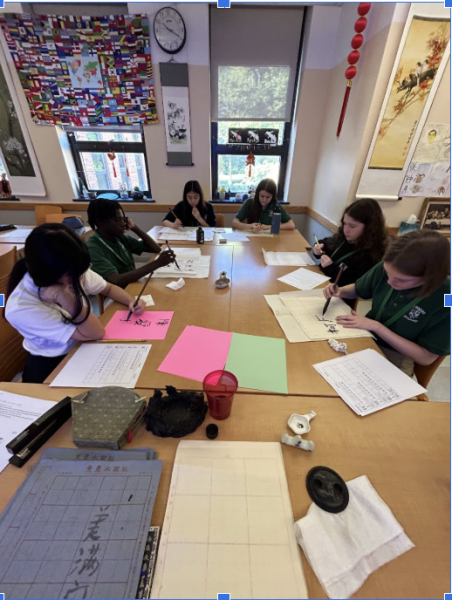2020 Nobel Prizes Awarded in Physics, Chemistry
In October, the Nobel Prize committee awarded its Physics prize to Sir Roger Penrose, a professor at the University of Oxford; Reinhard Genzel, a researcher at the Max Planck Institute for Extraterrestrial Physics in Germany; and Andrea Getz, a professor at the University of California, Los Angeles. They were commended for their discoveries about black holes, which remain one of the most complex and enigmatic objects within our Universe. Penrose will receive about half the prize money for his contributions; the other half will be divided between Genzel and Getz.
Penrose was awarded for a paper published in 1965 which used mathematical proofs to confirm the existence of black holes in the universe, a concept that had first been introduced in Einstein’s general theory of relativity in 1915. For years, physicists expected that black holes could only exist in theory; however, according to David Haviland, a member of the Nobel Committee for Physics, Penrose’s work, “lay the theoretical foundation to say, ‘Yes, these objects exist, you can find these objects if you go out and look for them.’”
Genzel and Getz, on the other hand, focused their studies around Sagittarius A*, a supermassive black hole located at the center of the Milky Way. They needed to design and utilize high-tech telescopes to merely observe the dust and interstellar gas surrounding the black hole. Their work was ultimately instrumental in proving that Penrose’s proof could, in fact, be put into practice to discover more about the role of black holes in the universe.
“The research on gravity and black holes is at the very core [and] the very forefront of physics,” Genzel stated in a phone interview after receiving the prize.
The next day, Emmanuelle Charpentier, a French researcher from the Max Planck Unit for the Science of Pathogens in Berlin, and Jennifer A. Doudna from the University of California in Berkeley received the Nobel Prize in Chemistry. They were commended for their work in developing a technology for genome editing known as CRISPR.
The Nobel Prize committee commented on the value of this research when they gave the award. “This technology has had a revolutionary impact on the life sciences, is contributing to new cancer therapies and may make the dream of curing inherited diseases come true,” they stated. The advancements that Charpentier and Doudna made have been put into practice by many other researchers in a variety of areas such as biomedical research and agricultural development; these trials of their technology have merited promising results about the future of many different aspects of science.
“It’s a fascinating opportunity to see the innovation that people come up with when they have a tool that’s so broadly useful across biology,” Doudna stated. “It still amazes me every day.”
Here at Archmere, science teachers are encouraging students to keep up with current advancements across many different areas of research, and they emphasize the importance of understanding how the scientific world is changing. “Sometimes, new scientific developments don’t appear to have an immediate or obvious effect on our individual lives, and that may be true,” Archmere physics teacher Dr. Wilcox said. “Sometimes, however, it does, and being aware of these developments helps us make informed decisions as a person or society.”
Additionally, the winners of this year’s prizes want to motivate young people to pursue scientific careers, which are increasingly important in the world today, among a global pandemic and other issues that still haven’t been solved. “Science is so important, and pursuing the reality of our physical world is critical to us as human beings,” Andrea Getz, one of the winners of the Physics prize, stated. “Today, I feel more passionate about the teaching side of my job.”
Here at Archmere, many science teachers are featuring not only advancements made in science but the people behind them. As a part of his lessons, Dr. Wilcox often highlights women and minorities who have made important contributions to physics; he wants to convey the message that anyone, regardless of their identity, has the potential to make achievements in science.
“I think we all have a picture in our head of the type of person that makes scientific discoveries. I would wager that the pictures in our heads all look somewhat similar,” he stated. “But everyone of all backgrounds can do and does do science. If we advertise and promote the many different people that make these scientific advancements, we can show any young person that they can too. Science should be for everyone and by everyone.”
When asked for advice for students who are interested in scientific careers, Dr. Wilcox said, “Look into what’s happening in the world of science right now, see what gets you excited, and pursue that. My advice to everyone, not just those interested in pursuing a career in science, would be to encourage each other. Anyone can do science, so let them.”
Thanks to Gabriella Gildea for her help in creating this article.
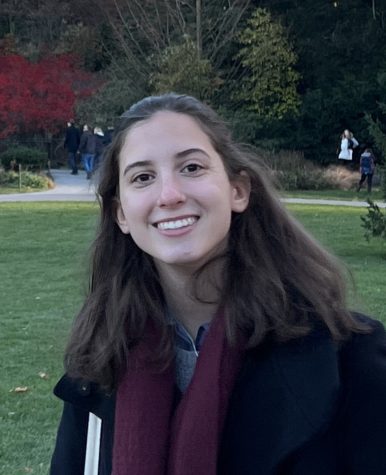
Meet Natalie Gildea, the Co-Editor-in-Chief of the Green Arch for 2022-2023! Outside of the Green Arch, she is involved with the swim team, Stage Band,...

